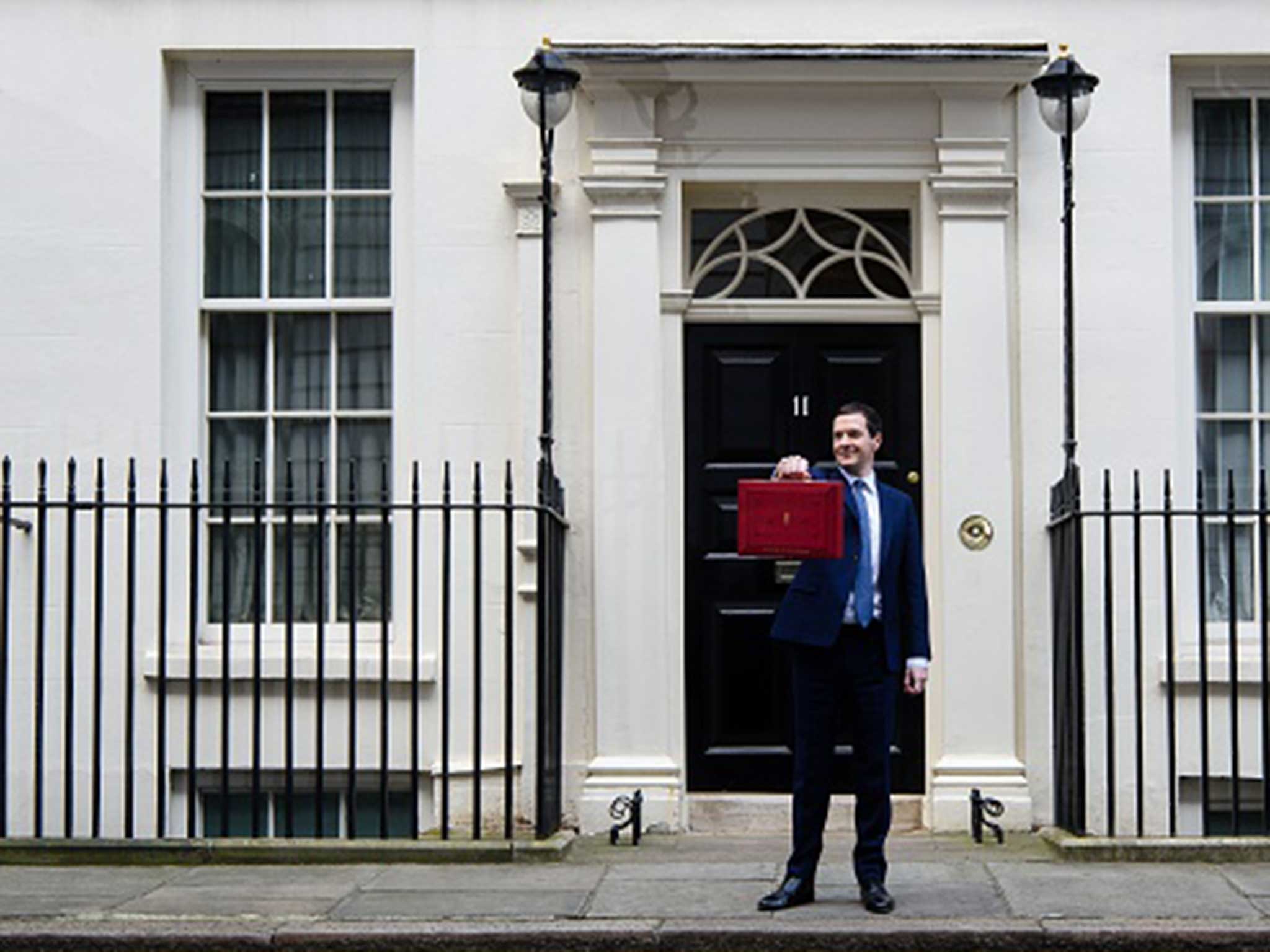RBS share sale to cost taxpayers £22bn, OBR Budget analysis shows
Critics have said Osborne’s decision to privatise the bank at a loss is “reckless and short-termist”

Your support helps us to tell the story
From reproductive rights to climate change to Big Tech, The Independent is on the ground when the story is developing. Whether it's investigating the financials of Elon Musk's pro-Trump PAC or producing our latest documentary, 'The A Word', which shines a light on the American women fighting for reproductive rights, we know how important it is to parse out the facts from the messaging.
At such a critical moment in US history, we need reporters on the ground. Your donation allows us to keep sending journalists to speak to both sides of the story.
The Independent is trusted by Americans across the entire political spectrum. And unlike many other quality news outlets, we choose not to lock Americans out of our reporting and analysis with paywalls. We believe quality journalism should be available to everyone, paid for by those who can afford it.
Your support makes all the difference.UK taxpayers will make a loss of £22 billion from George Osborne’s plans to sell the Government’s 73 per cent in Royal Bank of Scotland.
Office for Budget Responsibility analysis released after the Budget announcement on Wednesday showed that the taxpayer is set to lose half of the £45.5 billion used to bail out the bank in 2008 because of Osborne’s insistence that it must be returned to private ownership in the near future.
The £22 billion loss is more than four times the cost of cuts to disability benefits that are intended to raise £4.4 billion for the Treasury by 2020.
Critics have said Osborne’s decision to privatise the bank at a loss is “reckless and short-termist”.
“The sale of RBS has nothing to do with protecting taxpayers’ interests,” said Christine Berry, a senior researcher at the New Economics Foundation.
Ms Berry said that the sale has been motivated by the Chancellor’s reliance on the sale of public assets to plug holes in the budget coupled with an “ideological obsession” with private ownership.
“Our stake in RBS gives us a unique opportunity to transform one of the UK’s biggest banks so that it genuinely serves the public interest – for example, by breaking it up into a network of local ‘people’s banks,” she said.
Osborne will recoup £21.5 billion from sales of RBS shares between 2016-17 and 2019-20, 26 per cent less than expected, and nothing at all from selling off the bank between 2020-21.
He made £2.1 billion in August in a share sale that was judged by many to be so ill-timed that it should be subject to an inquiry.
The OBR said that the £22 billion shortfall was “more than explained” by the sharp fall in the share price of RBS.
“Proceeds from Lloyds share sales have been pushed back and those from RBS share sales have been revised down significantly due to a lower share price,” the report said.
The value of RBS shares owned by the Government has been revised down from £34 billion in November to £25 billion by February because of a fall in stock market prices.
Plans to sell the Government’s stake were impeded further by the bank’s eighth successive net annual loss, announced in February, adding to losses of more than £50 billion since the crisis.
Join our commenting forum
Join thought-provoking conversations, follow other Independent readers and see their replies
Comments